Rep. Khanna calls for national AI jobs initiative
He called for a federal “New Deal AI jobs plan” to tackle layoffs driven by artificial intelligence and tariffs.
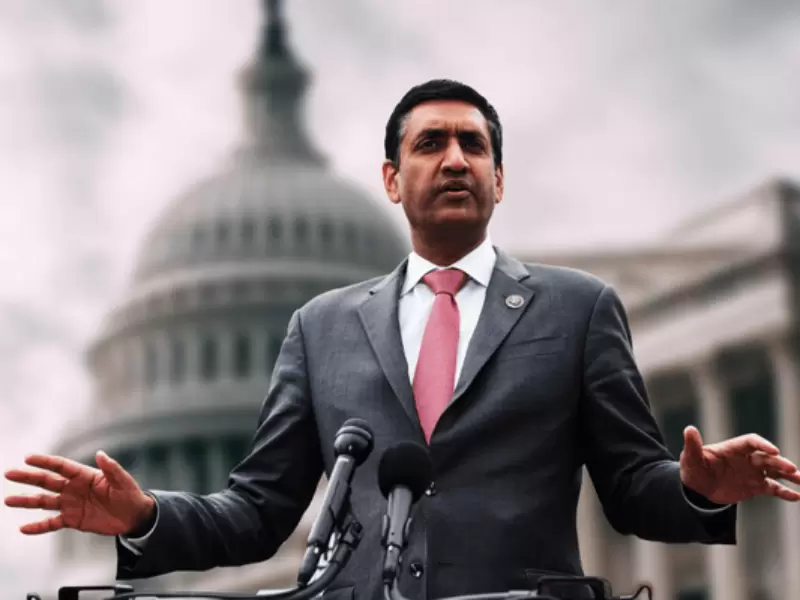 Congressman Ro Khanna / File Photo
Congressman Ro Khanna / File Photo
Congressman Ro Khanna (D-CA) on Oct. 29 urged Congress to adopt a federal “New Deal AI jobs plan” to address widespread layoffs across corporate America linked to artificial intelligence and trade tariffs.
In a video statement posted on X, Khanna warned that the combined effects of automation and tariff-related uncertainty are accelerating job losses across major industries.
“There are mass layoffs in corporate America because of AI and tariffs,” he said, citing examples such as Amazon’s 14,000 job cuts, UPS’s reduction of 48,000 positions, Microsoft’s 9,000 layoffs, Intel’s 20,000 staff cuts, and Nestlé’s 16,000 reductions.
Also Read: Rep. Krishnamoorthi highlights tireless work by his office amid federal shutdown
The Silicon Valley Democrat outlined a three-part strategy to stabilize employment. He proposed forming a “future workforce administration” to hire young Americans facing joblessness, revising the tax code to reward companies for hiring people rather than machines, and repealing several tariffs that he said were creating economic instability and contributing to job cuts.
Mass corporate layoffs are happening in America:
— Ro Khanna (@RoKhanna) October 29, 2025
Amazon: 14,000
Microsoft: 9,000
UPS: 48,000
Target: 1,800
Nestle: 16,000
Intel: 20,000
I share why we need an AI New Deal jobs plan. pic.twitter.com/GeLEqM8VVY
Drawing parallels to New Deal programs of the 1930s, Khanna characterized his proposal as a modern initiative aimed at rebuilding employment opportunities for workers displaced by technological disruption.
“We need a plan to build and create jobs for those who are displaced, young people in America,” he said, calling on lawmakers to “wake up” and respond with comprehensive workforce reforms.
His remarks come amid rising concern over AI’s impact on labor markets, as economists warn that automation could displace hundreds of millions of jobs globally by 2030.
While supporters have praised Khanna’s proposal as a proactive measure, critics have questioned the feasibility of repealing tariffs during ongoing U.S.-China trade tensions.
ADVERTISEMENT
ADVERTISEMENT
E Paper
Video




1759163132.png) Anushka Pathak
Anushka Pathak
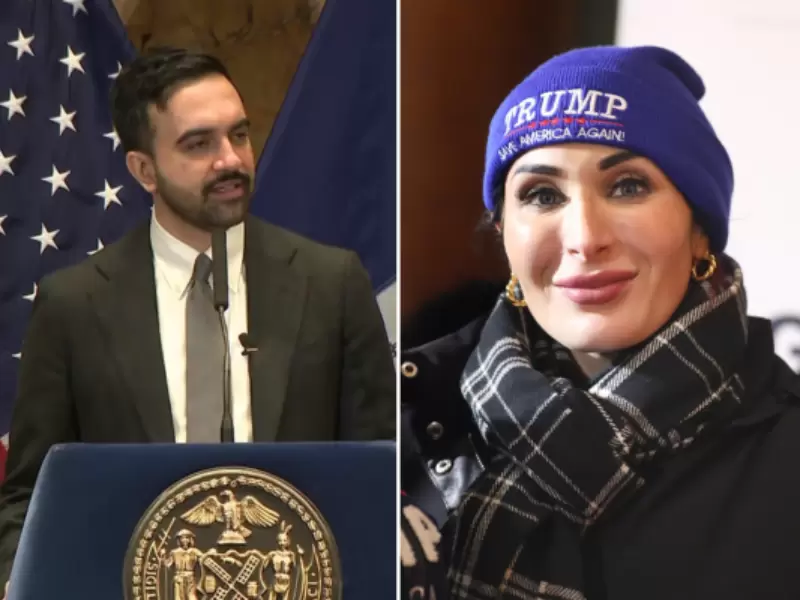



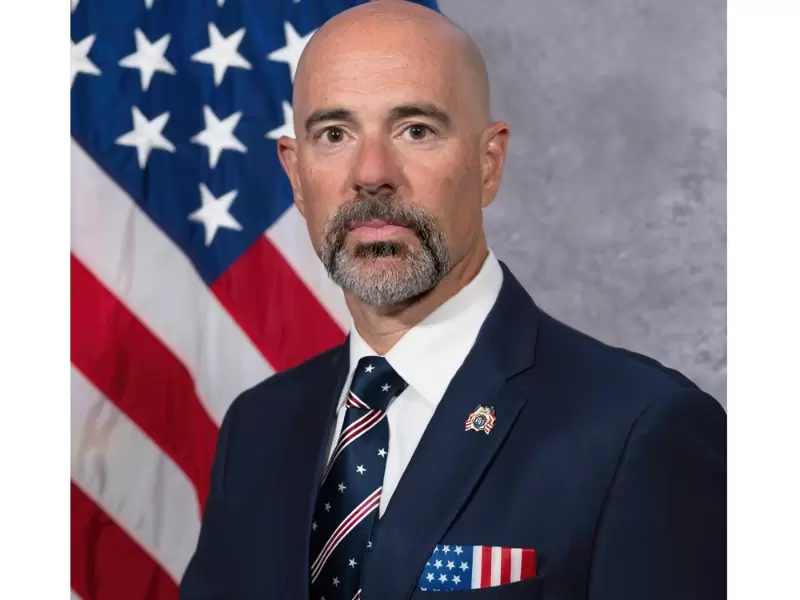

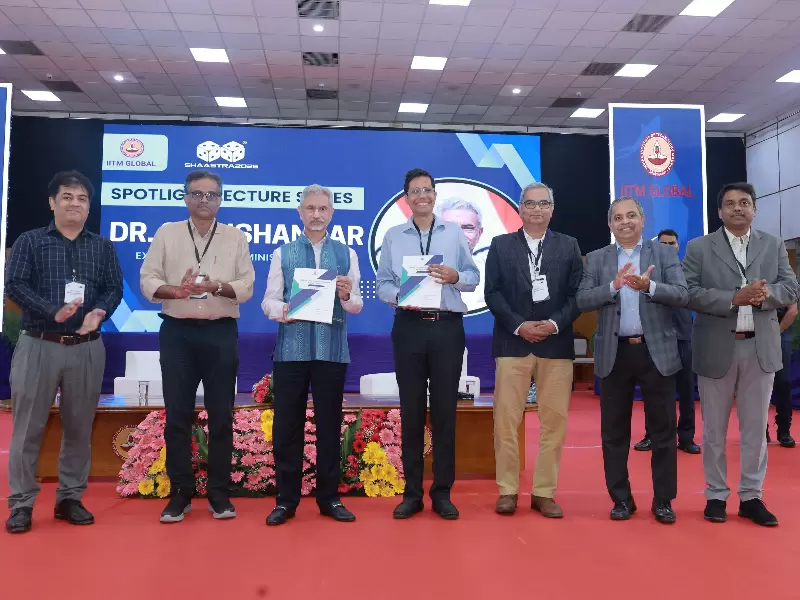


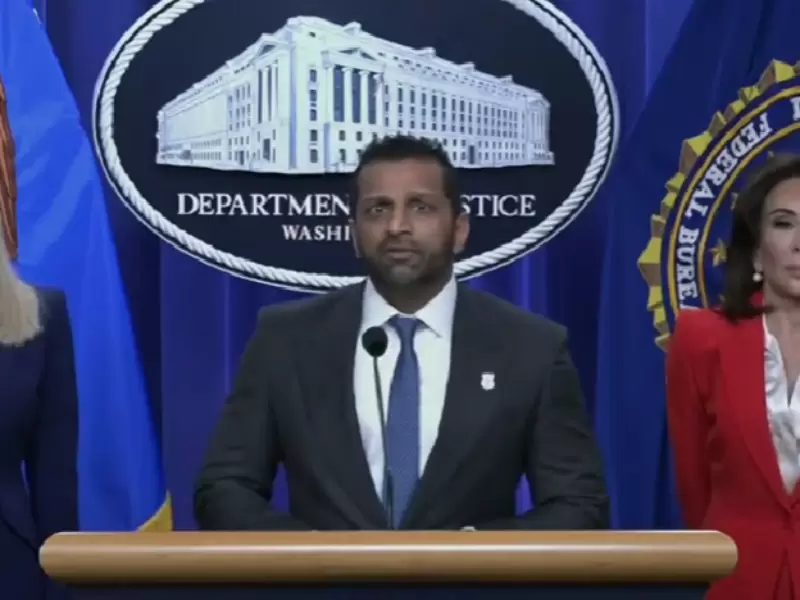



Comments
Start the conversation
Become a member of New India Abroad to start commenting.
Sign Up Now
Already have an account? Login